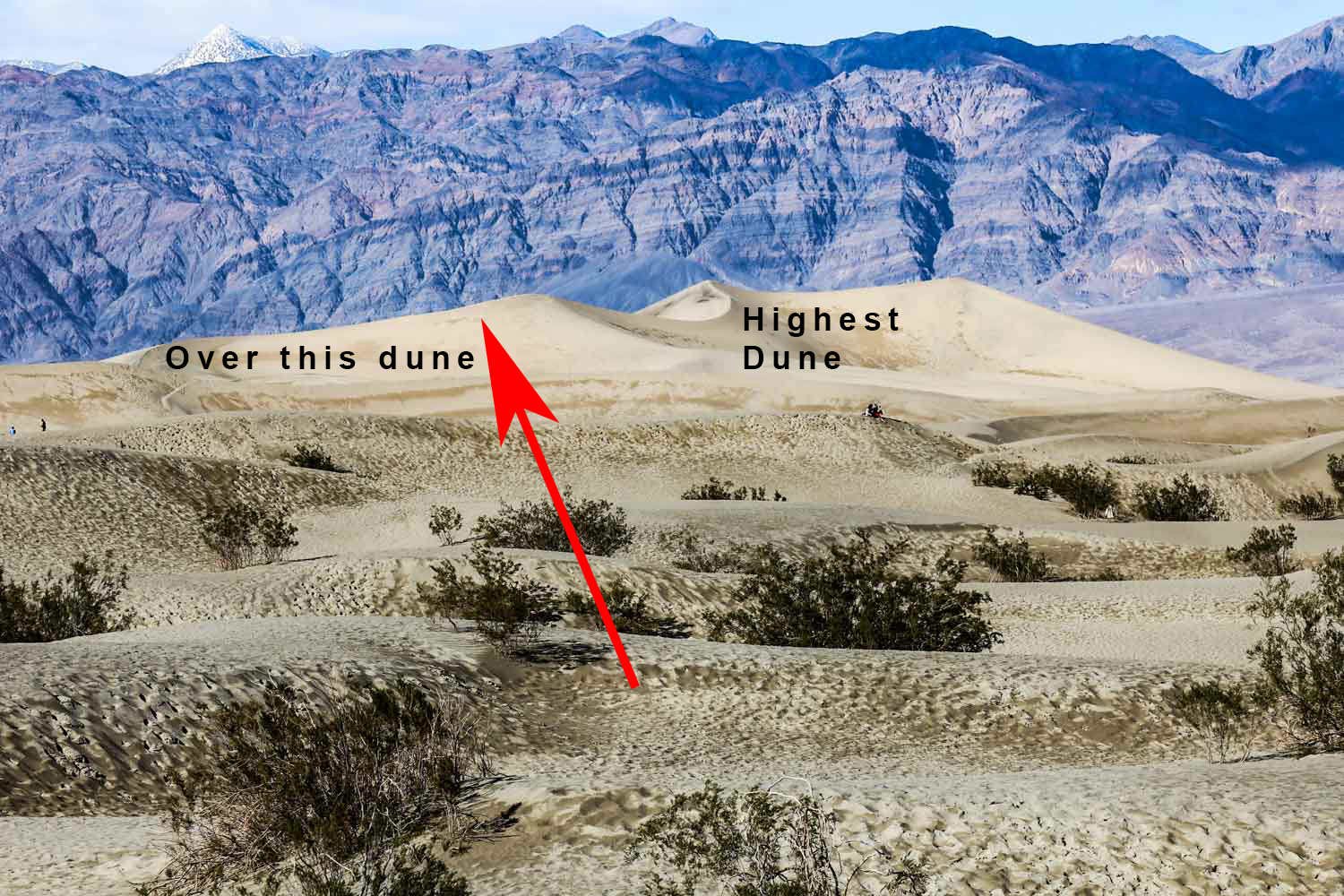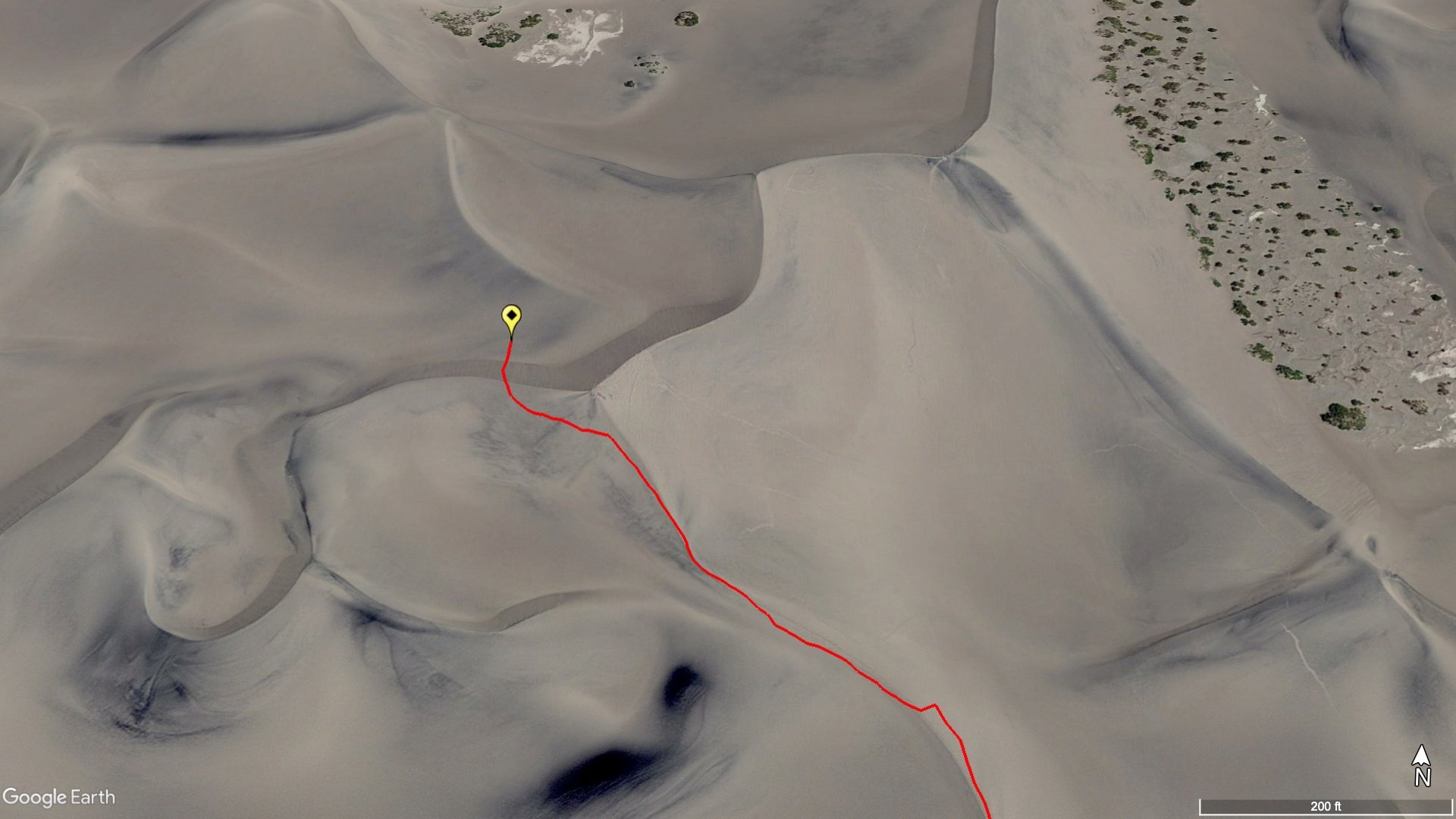Mesquite Dunes
Death Valley, CA
MESQUITE DUNES
A BRIEF SUMMARY OF MESQUITE DUNES
Who doesn’t like to play in the sand? Mesquite Dunes is the easiest of the 5 major sand dunes in Death Valley to get to and can provide both mesmerizing abstracts and happy memories of your childhood playground.
This wonderful windswept landscape (which stretches over 2 miles) provides endless photographic opportunities and proves that even in the “hottest, driest, and lowest national park”, beauty can be found almost anywhere if you know where to look.
Images and location summary by Tim Wier
Annual Subscription
Lifetime Membership
DATA POINTS INCLUDED WITH MESQUITE DUNES SUMMARY
I would rate the difficulty of this trail as a 2-3 on a scale of 1-5 (with 5 being most difficult). The hike to the location of this shot is 1.13 miles with plenty of ups and downs - and hiking sand dunes with 20 lbs on your back can be difficult. Additionally, scouting around Mesquite Dunes, you can easily walk 2-3 miles with plenty of elevation gain.
When shooting sand dunes, I am looking for abstracts or moods created by curves and shadows. This can be challenging at Mesquite Dunes as the dunes are not very tall and are surrounded by mountains.
For the shot above, I found the curved formation I liked and moved around to several different positions/angles and tried different focal lengths and tripod heights until I found the composition I liked and was able to eliminate most of the mountains in the background.
For me, the intriguing ripples in the sand were key to the shot as they guided your eye to the curve at the top. So I focused stacked 8-10 images starting at my feet …
Photographing sand dunes provides an interesting conundrum. You want to bring a range of lenses (wide-angle t0 telephoto). However, changing lenses in blowing sand is not advisable. I usually like to photograph dunes with medium to long telephotos to capture abstracts or compressions. However, my two favorite dune shots were taken with a 24mm lens.
I would suggest bringing both, and if the wind is blowing, work with what you have on the camera.
The image above was taken with a 24mm equivalent lens.
43 Ft. Elevation
Other Resources Available with Membership
KMZ Trail File
Directions
Best Time of Day to Shoot
Best Time of Year to Shoot
Equipment Needed
Permits Required
Direction of Shot
Google Maps Birds-Eye-View
Number of Photographers to Expect
Cell Service
Overnight Lodging/Camping
Nearby Restaurants
Area Guides and Workshops
Other Resources












